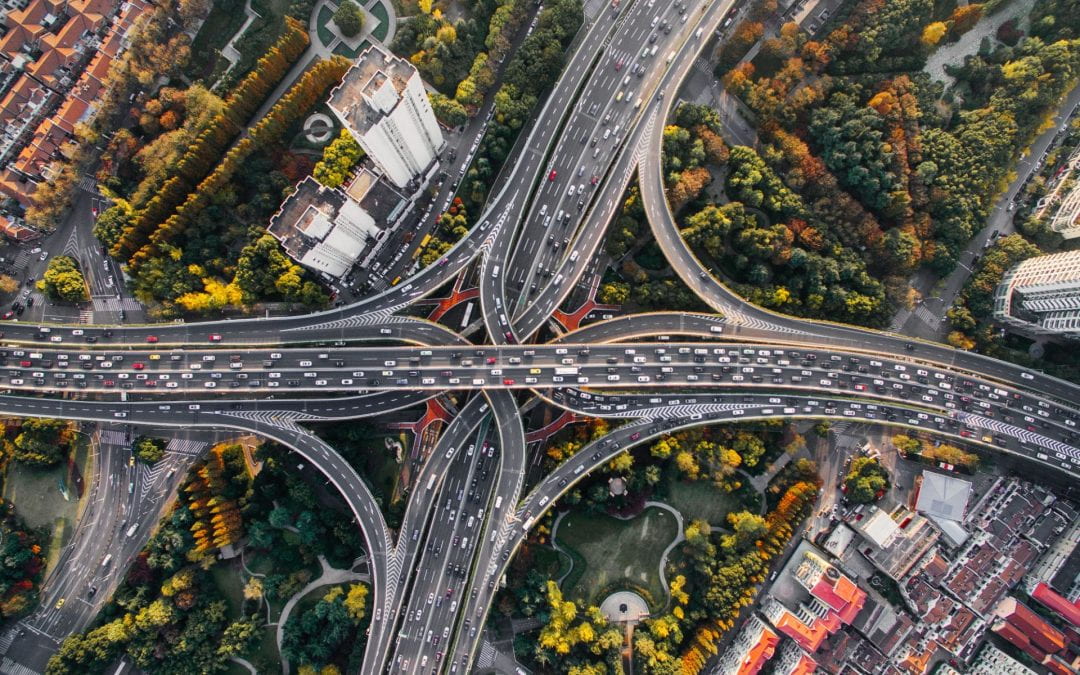By John Feffer
COVID-19’s message is clear: we need to move forward, quickly, into a very different future.
The coronavirus has not disappeared, as Donald Trump has promised. Nor has it been successfully contained, as Europe has discovered. A new global record for infections is being set every day. Everyone waits for a vaccine, to restore some semblance of normalcy to life.
But life before COVID-19 was not normal. Like the proverbial frog in the pot, humans had simply become accustomed to the abnormality. By exposing the unsustainability of the previous status quo, the pandemic has been a wake-up call.
In rapid succession, COVID-19 demonstrated the uselessness of the military, the unfairness of the economic system, and the harmful impact of carbon emissions. These pillars of the status quo – hyper-capitalism, the military-industrial complex, and the dirty energy that runs them both – were in a trice revealed to be very abnormal indeed.
Consider the military’s role in national security. The countries of the world spend nearly $2 trillion a year on weapons designed to defend the homeland and protect the citizenry. But all those tanks and missiles and soldiers at the border could do nothing to prevent the spread of the novel coronavirus or stop its killing spree. More than a million people have died during this pandemic.
The United States spends more than any other country on the military. That hasn’t stopped Americans from suffering the most COVID-19 deaths in the world. More Americans have died in this pandemic – over 220,000 and growing – than died in combat in the U.S. Civil War. More have died of COVID-19 than in combat in World War I, Korean War, the Vietnam War, the Persian Gulf War, the Iraq War, and the War in Afghanistan combined.
The misallocation of resources on the Pentagon at the expense of social needs has been on full display during the pandemic. The United States touted its medical system as the best in the world. But many hospitals have simply not been able to handle the surge in critically ill patients.
Prior to the outbreak of COVID-19, the growing divide between rich and poor was increasingly evident at the global scale and within countries as well. The pandemic has made that divide even more visible. Because of a lack of masks, water for hand-washing, and space for social distancing, the poor have been hard-pressed to avoid the disease. The working poor, meanwhile, have had to put themselves at greater risk of exposure simply by showing up at work in the fields, slaughterhouses, and hospitals.
The wealthy have largely escaped the damage caused by the crash of the global economy. The stock market has nearly regained its value after its spring plunge. Extreme poverty, on the other hand, is increasing for the first time in more than 20 years, with the World Bank estimating that as many as 150 million more people will become desperately poor by 2021.
With the rollback of industry and travel came a major reduction in fossil fuel use. Daily carbon emissions dropped by 17 percent globally in April and May 2020 with the economic lockdowns. Air pollution declined as well, immediately improving health. The residents of northern India could see the Himalayas for the first time in 30 years, and Los Angeles’s smog practically disappeared.
It would be reassuring if the world has heeded the warnings of COVID-19. But many countries, including the United States and China, are continuing to increase their military spending. Precious little of the trillions of dollars of economic stimulus is going to poverty alleviation much less a fundamental restructuring of the global economy along more equitable lines.
And although the drop in carbon emissions this year was larger than during the financial crisis of 2008 or the oil crisis of the 1979, the international community has made no further collective commitment to take advantage of this windfall by locking in reductions to the global carbon footprint or shifting more quickly to clean energy.
As the contributors point out in our Pandemic Pivot report, produced by the Institute for Policy Studies, the Transnational Institute, and Focus on the Global South and just published as an e-book by Seven Stories Press, it’s not too late to heed the warnings of COVID-19. Resources to combat the impact of the pandemic are needed immediately – and military budgets are the logical pots of money to draw from. A Global Green New Deal can simultaneously reduce carbon emissions and create jobs through the building of clean energy infrastructure. World leaders, pushed from below by popular movements, must use the pandemic as an opportunity for transformative change.
We can’t just sit around waiting for a vaccine. Nor should we dream about returning to the previous abnormal state of affairs. A woke frog does not return to a pot of boiling water.
COVID-19’s message is clear: we need to move forward, quickly, into a very different future.
This article was originally published on openDemocracy.net and was republished under a Creative Commons Licence. If you enjoyed this article, visit openDemocracy.net for more
For more information on COVID-19, head to the Ministry of Health website.
John Feffer is the director of Foreign Policy In Focus at the Institute for Policy Studies.
Disclaimer: The ideas expressed in this article reflect the author’s views and not necessarily the views of The Big Q.
You might also like:

